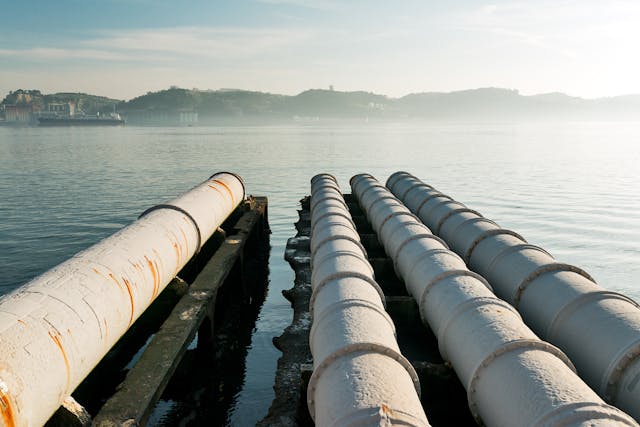Despite numerous violations of sewage discharge permits, the environment agency has only issued warnings and guidance, leaving pollution largely unpunished
The Environment Agency has failed to fine any water companies for illegal sewage spills, despite identifying 465 breaches of permit conditions since 2020, data obtained through a Freedom of Information request reveals. Despite government pledges to crack down on water company pollution, these violations have resulted only in warnings or advice, with no significant enforcement action taken.
Water firms are permitted to release sewage from combined sewer overflows (CSOs) only during heavy rainfall or snow melt to prevent blockages. However, routine spills, particularly during dry weather, continue to damage UK rivers and ecosystems. Campaigners argue that the lack of enforcement reflects the Environment Agency’s inability to act as an effective regulator, enabling companies to pollute without consequence.
According to the data, the Environment Agency has issued 358 warnings and provided advice or guidance on 81 occasions, while 26 incidents received no action. Notably, five serious incidents of pollution only resulted in a warning, despite their severe impact. This lack of penalties has prompted criticism from environmental groups, including River Action, which describes the regulatory failure as an incentive for companies to continue polluting.
Embed from Getty ImagesIn response to growing concerns, the Environment Agency gained the power to impose on-the-spot fines for breaches starting in December of the previous year, but no fines have been issued, even after more than 100 spills were identified this year alone. Environmentalists such as Penny Gane of Fish Legal emphasize that raising fines should serve as a deterrent, but without action, these measures have proven ineffective.
The situation is compounded by a record number of sewage spills last year, with over 460,000 discharges into England’s rivers, waterways, and seas, largely blamed on wet weather. While 63 prosecutions have been concluded against water companies for other major pollution incidents since 2015, the ongoing problem of CSO spills remains largely unpunished, highlighting the urgent need for stronger regulatory action
